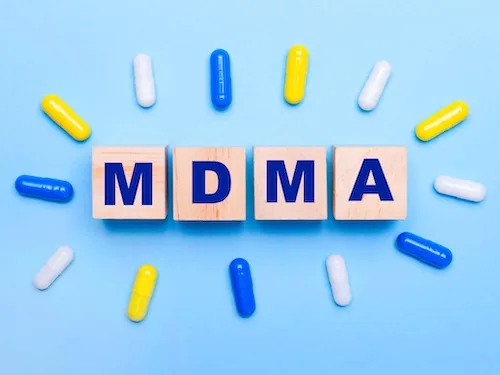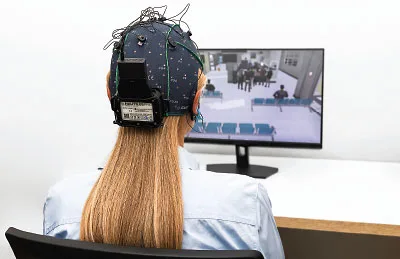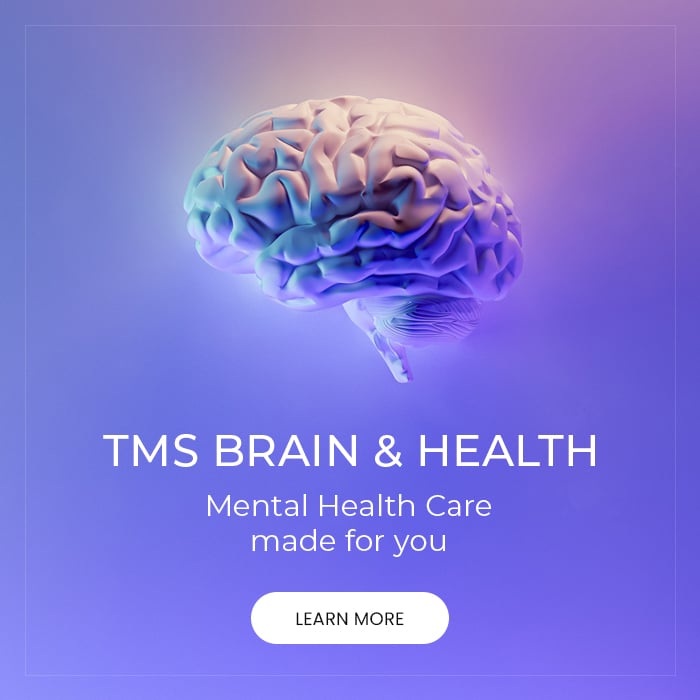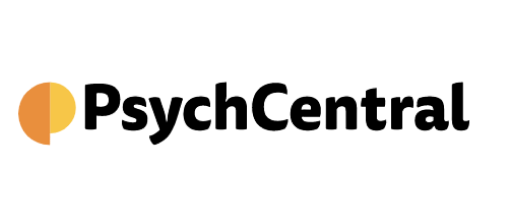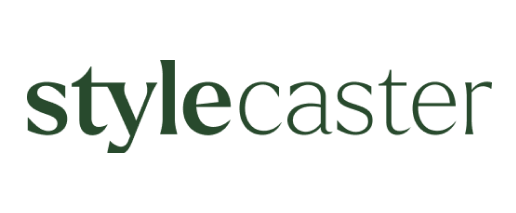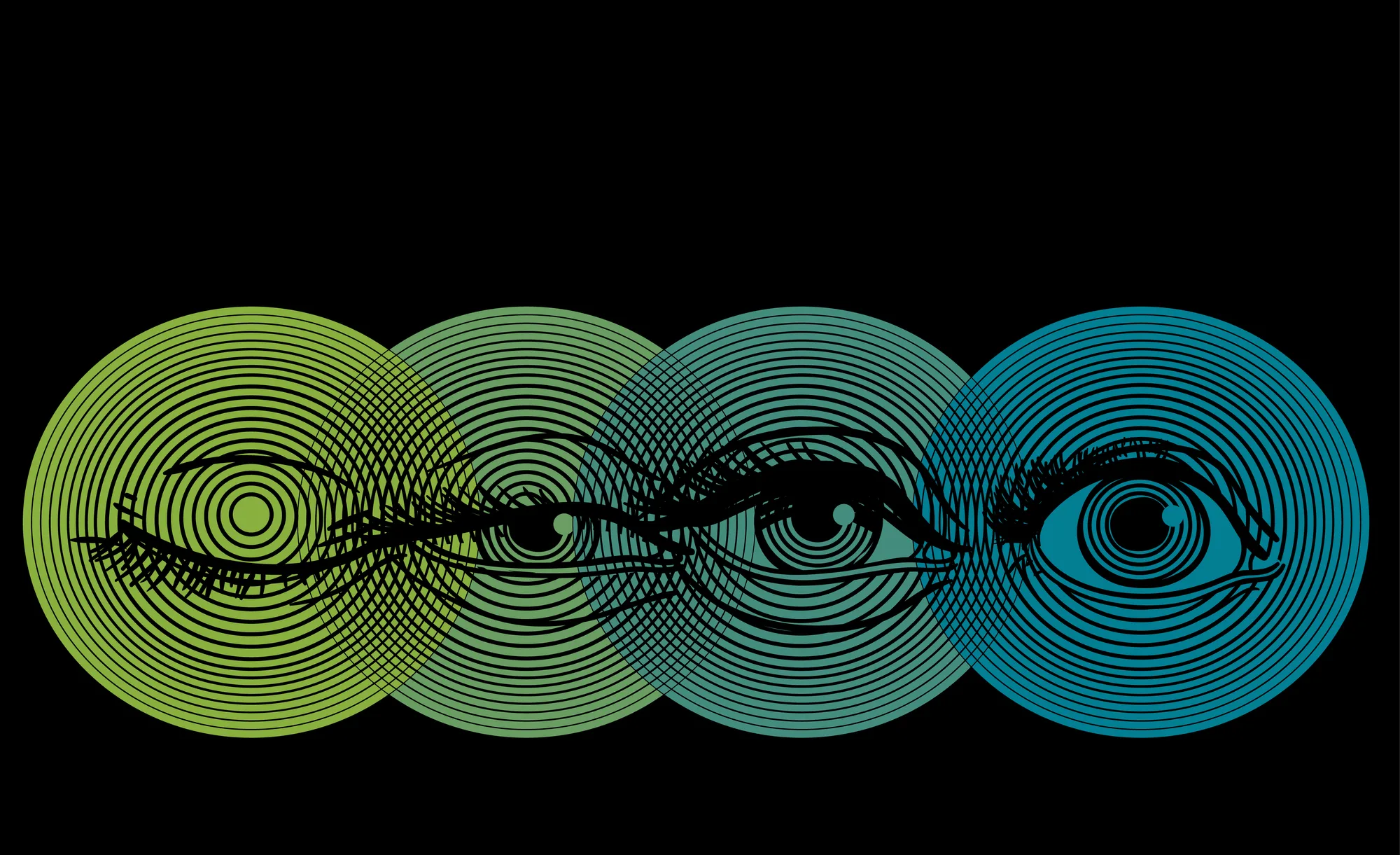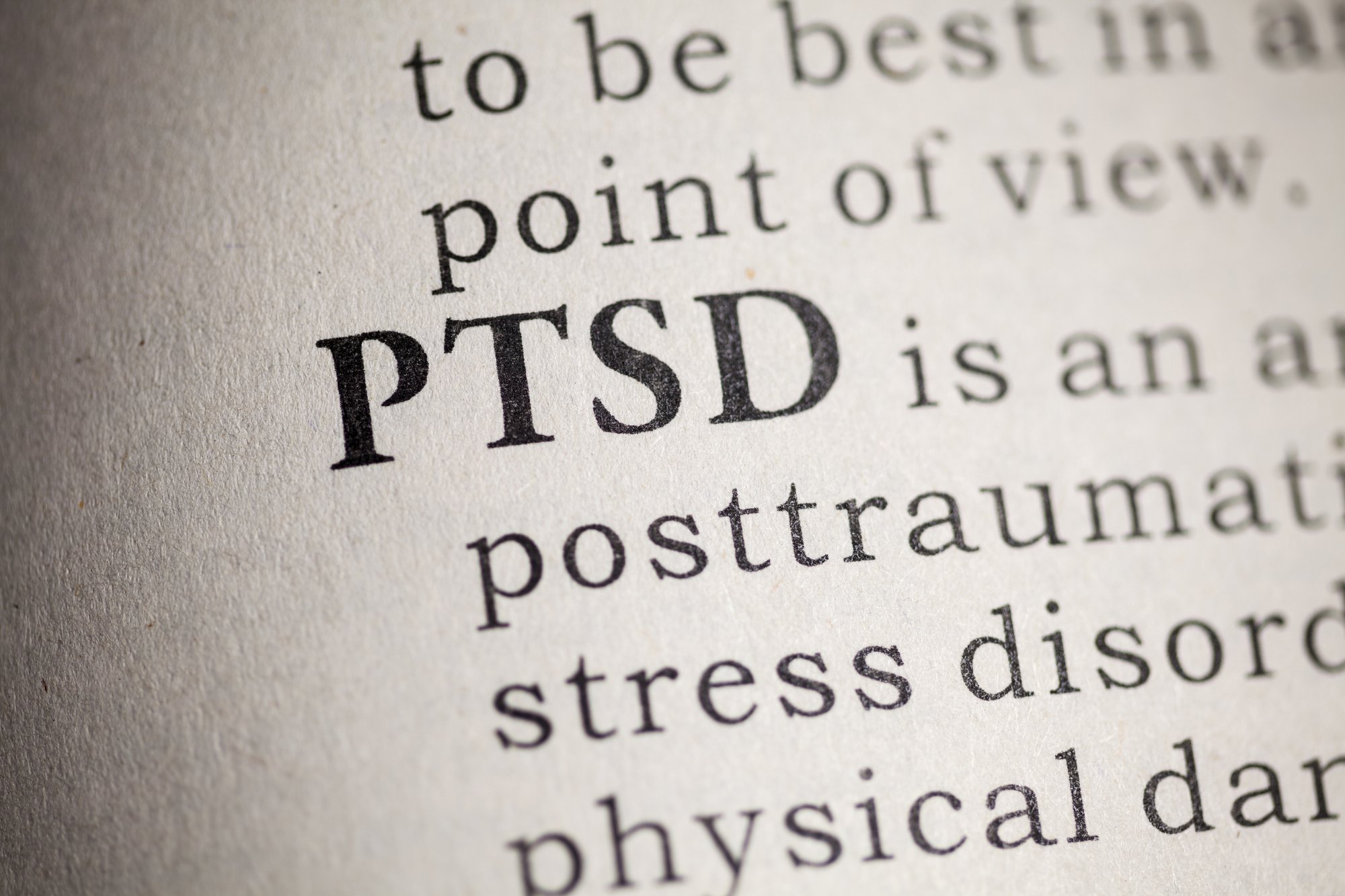DBT stands for dialectical behavior therapy; DBT is a type of psychotherapy that was developed by Dr. Marsha M. Linehan in the 1980s as a treatment for individuals with borderline personality disorder (BPD). It is a form of cognitive behavioral therapy (CBT) that incorporates mindfulness and acceptance-based techniques with the goal of helping individuals regulate their emotions and behaviors. DBT is now an extremely common form of talk therapy that is used to treat a variety of conditions, including anxiety, depression, PTSD, and bipolar disorder.
What does DBT consist of?
DBT is based on the concept of dialectics, which involves the integration of opposing ideas or concepts to create a synthesis or resolution. In the context of dialectical behavior therapy, this means integrating the acceptance of one’s current situation and emotions with the desire to change and improve.
DBT is structured and includes specific skills that are taught to clients in both individual therapy sessions and group skills training. These skills include mindfulness, emotion regulation, distress tolerance, and interpersonal effectiveness.
Mindfulness refers to the practice of being present and aware in the moment, without judgment. It helps individuals become more aware of their thoughts, feelings, and actions, and enables them to respond to situations in a more adaptive and healthy way.
Emotion regulation skills involve learning how to identify, label, and manage emotions in a healthy way. This can include identifying and changing negative thought patterns, finding healthy ways to cope with difficult emotions, and learning to tolerate distress rather than trying to avoid it. This process is very similar to those used in cognitive behavioral therapy, or CBT.
Distress tolerance skills involve learning how to cope with difficult situations without making the situation worse. This can include techniques such as distraction, self-soothing, and accepting reality. Many other therapy forms use distress tolerance concepts as well, such as acceptance and commitment therapy (ACT).
Interpersonal effectiveness skills involve learning how to communicate effectively and assertively in relationships, set boundaries, and maintain self-respect. Many of the skills practiced in DBT are helpful for anyone who wants to better their emotional wellbeing and personal relationships.
DBT is typically delivered in a hierarchical fashion, with the focus on teaching and reinforcing more basic skills before moving on to more advanced ones. It is a collaborative process between the therapist and client, and the therapist provides feedback and reinforcement for progress made in therapy.
What is DBT used to treat?
DBT has been found to be effective in treating a range of mental health conditions, including BPD, substance abuse disorders, eating disorders, and depression. It has also been used in the treatment of individuals with post-traumatic stress disorder (PTSD) and attention-deficit/hyperactivity disorder (ADHD). It has been shown to be particularly effective for individuals who have struggled with other treatment approaches in the past, and has a high success rate in reducing symptoms and improving overall functioning.
One of the unique features of DBT is the use of telephone coaching, in which clients can call their therapist between sessions to get support and guidance in using the skills they have learned in real-time situations. Many other forms of therapy are also taking on virtual components in recent years, which often includes phone calls, texting, or video calls. At Bespoke Treatment, we offer a fully online intensive outpatient program that can include a number of talk therapy methods and alternative treatment options, including dialectical behavior therapy.


